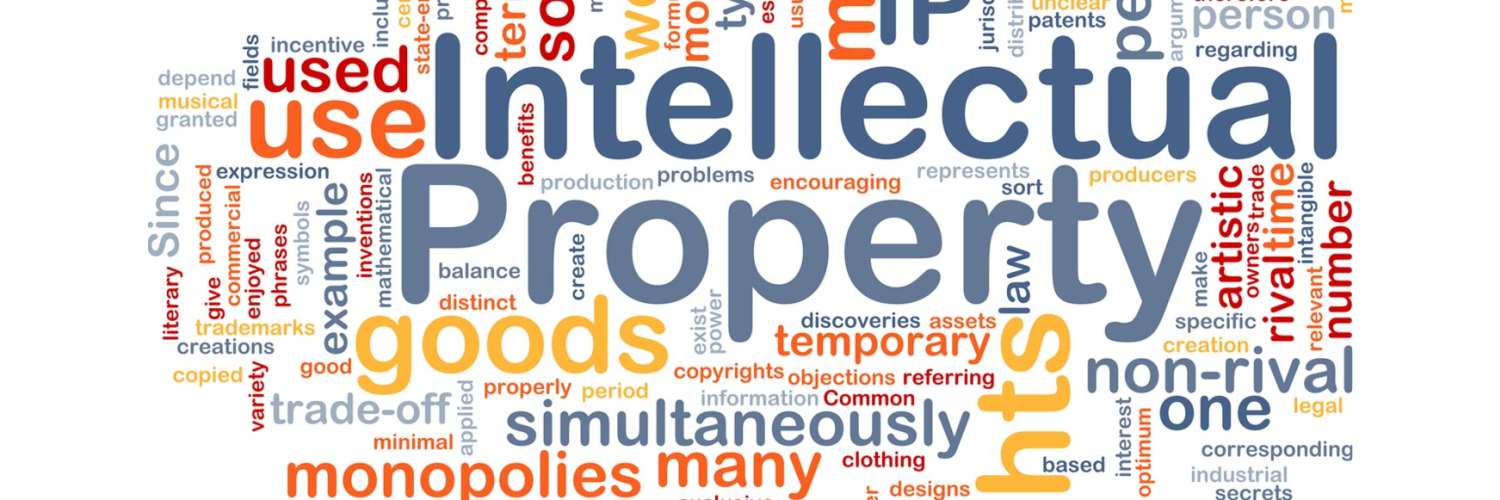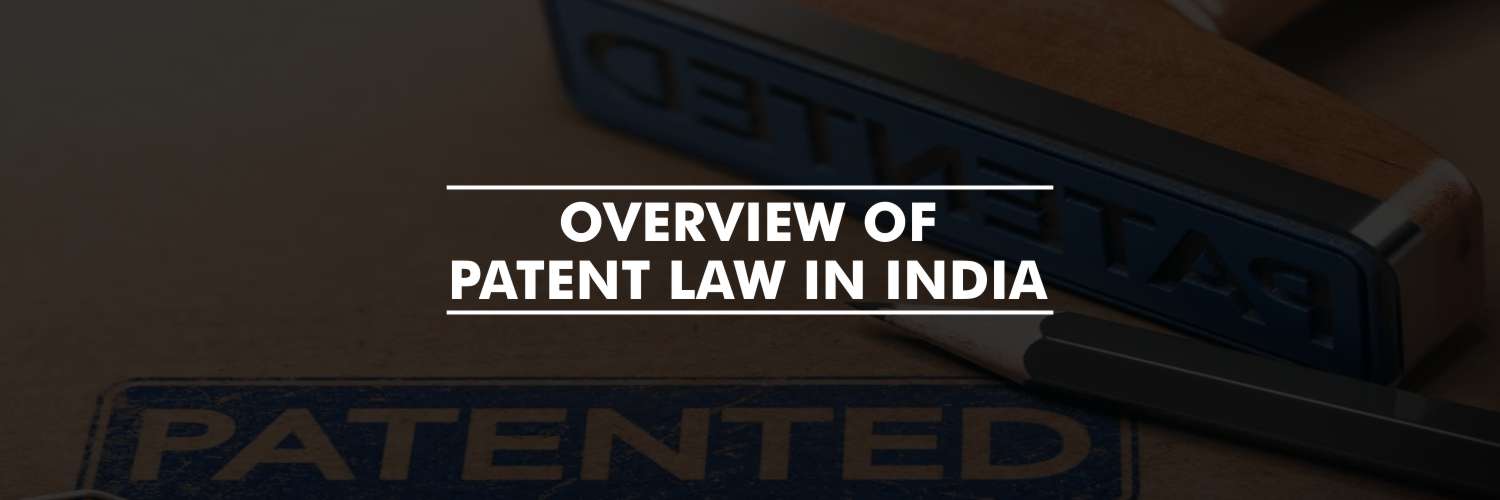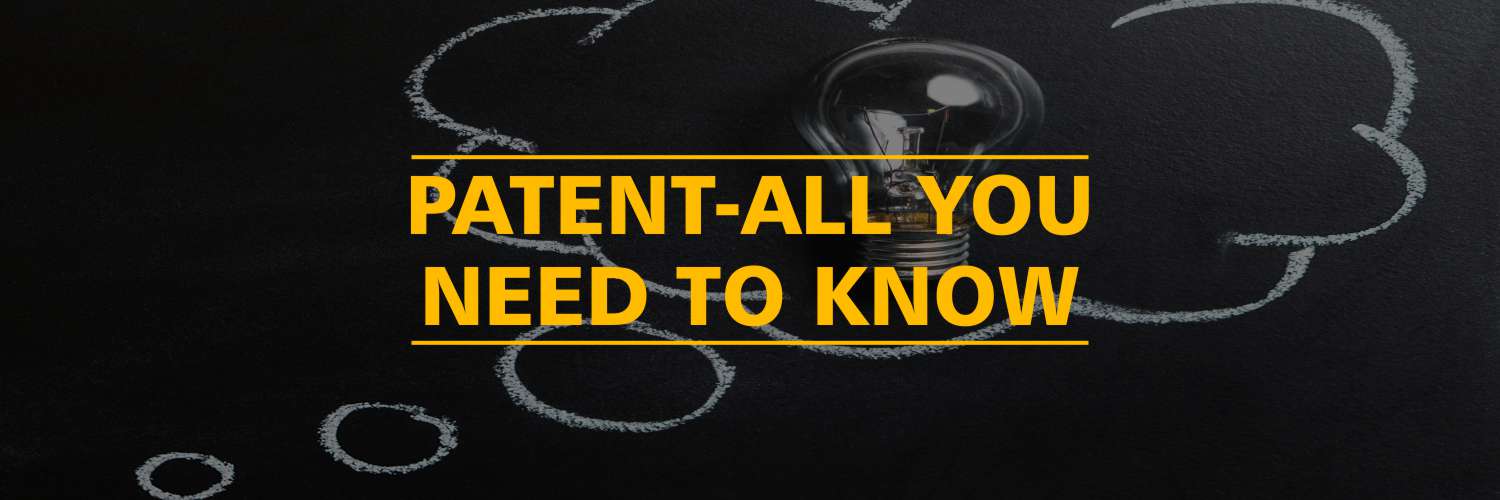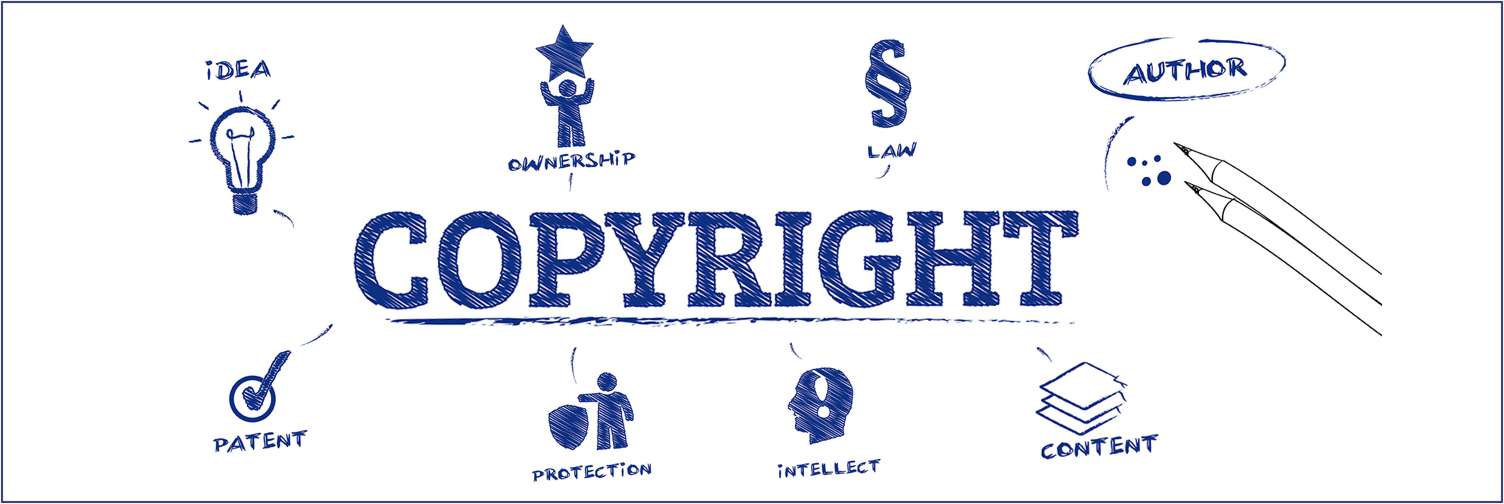The Pharmaceuticals Industry and Intellectual Property Rights In India
Intellectual Property is that area of law which deals with protecting the rights of the individuals who create original work. The term relates to intangible properties such as Patent, Copyright, and Trademark. The purpose of this law is to encourage new technological inventions, artistic expressions, etc.
Intellectual Property Law is governed by the WIPO (World Intellectual Property Organisation ) which was established in 1967 which is a specialized agency in the United Nations and promotes the fortification of Intellectual Property throughout the world.
India Ratings published a report and the said report that the Indian pharmaceutical industry is anticipated to expand at 20 percent CAGR in the next five years. Presently, the Indian pharmaceutical sector stands at USD 20 billion and is likely to increase to USD 100 billion by 2025. Controlling advancement in the pharma industry helps companies to expand the likelihood of their drug discovery and produce higher returns on investment. Therefore, in such a scenario the role played by the IPRs becomes prominent and indispensable.
IPR and Pharmaceuticals Industry
These developments in the pharma industry sector lead to the unearthing of new life-saving drugs and have to be safeguarded through intellectual property rights (IPRs). Patents offer pharma companies certain rights to sell drugs and stop others from manufacturing, sale, and development of these drugs for a time period of 20 years. IPR is a condition necessary for pharma companies for classification, development, commercialization, and protection of their innovation. It is also an essential tool to shield the investment, time, and effort along with the encouragement of healthy competition. It not only promotes industrial development and economic growth but IPRs also offer incentives to pharma companies to invest in research and development.
The IPR protection works in numerous ways:
- Provides fair and efficient incentive for innovation
- The pharma companies are protected against potential infringers
- Offers sturdy enforcement tools for defending infringed patents
- There has been an active development in the science and technology; the pharmaceutical industry has been flourishing the market with life-saving drugs.
- The primary growth drivers of the pharmaceutical industry include developments in healthcare insurance, medical technology, healthcare financing, and improving healthcare access.
- Intellectual Property Rights of the pharmaceutical industry is governed by Patent Law and is a pre-requisite for these companies for identification, planning, commercialization, and protection of the invention.
- It is also an essential tool for protecting investment, time and effort. It also encourages healthy competition by promoting industrial development and economic growth. It provides incentives to pharmaceutical companies to invest in research and development.
Case Law:
1. Natco vs Bayer Case: (2012 case)
- It was the first case of Compulsory Licensing (a license granted by a country on health grounds, where the patients are unable to access a live-saving medicine) being obtained in India in the pharmaceutical field of discipline (1).
- Natco Pharma Limited (Applicant) being the Indian pharmaceutical company and Bayer Corporation (Patentee) being the International drug manufacturing firm.
- Bayer had obtained the patent in India in 2008 after examining various provisions of the Indian Patent Act, 1970 on Nexavar which was the brand name for the invention of a drug named Nexavar, the life-extending drug to be used treatment of advanced stage in liver and kidney cancer.
- Natco filed an application to the Controller of Patents in 2011 under Section 84 of Patents (Amendment) Act 2005. The applicant claimed that the drug not available to the public at a reasonably affordable cost and the requirements of the people had not been met.
- Also, it was argued that Bayer had failed to work the patent in India within the specified three years period.
Judgment:
The license was granted to the Applicant (Natco Pharma Limited) against which the Patentee (Bayer Corporation) appealed to the Intellectual Property Appellate Board (IPAB) which was rejected as IPAB the approached the matter from a public health perspective in the context of Article 21 of the Constitution of India.
While granting the Compulsory License to Natco, the controller took account of the fact that Bayer had priced the Nexavar drug at Rs. 2.85 lakhs for a month’s course, on the other hand, Natco planned to sell its generic version at Rs. 8900.
Effect on other Indian Pharmaceutical Companies:
There were controversies on this judgment and raised a question was raised on the grant of same as the companies argued that developing such a drug meant investing a lot of money in Research and Development, time and effort. Thus, the liberty to enjoy monopolistic right over the use of the drug and to earn the profit should be given to them. Also, they must be able to balance and recover the cost incurred during Research and Development.
On the other hand, it was argued that the controller failed to provide for a reasonable and affordable price as in this case. While the controller accepted Natco’s price, the same may not be accessible for some sections of the society. The question remains arguably, whether the demand for the patented invention has to be satisfied by the patentee or its licensee and not by a third party in the instant case (2).
Conclusion:
There exists a higher risk of generic drug manufacturers to imitate innovative bio-pharma products in an economy which is governed by weak IPR laws and regulations. In such cases, the branded manufacturers find it difficult to invest in the research and development of new drugs. The countries with stronger IPRs are witnessing the growth of their pharma companies at a rapid rate. However flip side, developing countries disapprove of the patent system as it creates domination and monopoly in the market and leads to higher prices of drugs which is against the proposition of a welfare state.
References:
- India Licenses Generic Copy Of Patented Bayer Drug – Yahoo.com. (n.d.). Retrieved from https://www.yahoo.com/news/india-licenses-generic-copy-patented-bayer-drug-11540
- A Study Of Natco V. Bayer Case: Its Effect And Current … (n.d.). Retrieved from http://www.mitpublications.org/yellow_images/20182-article-4.pdf








